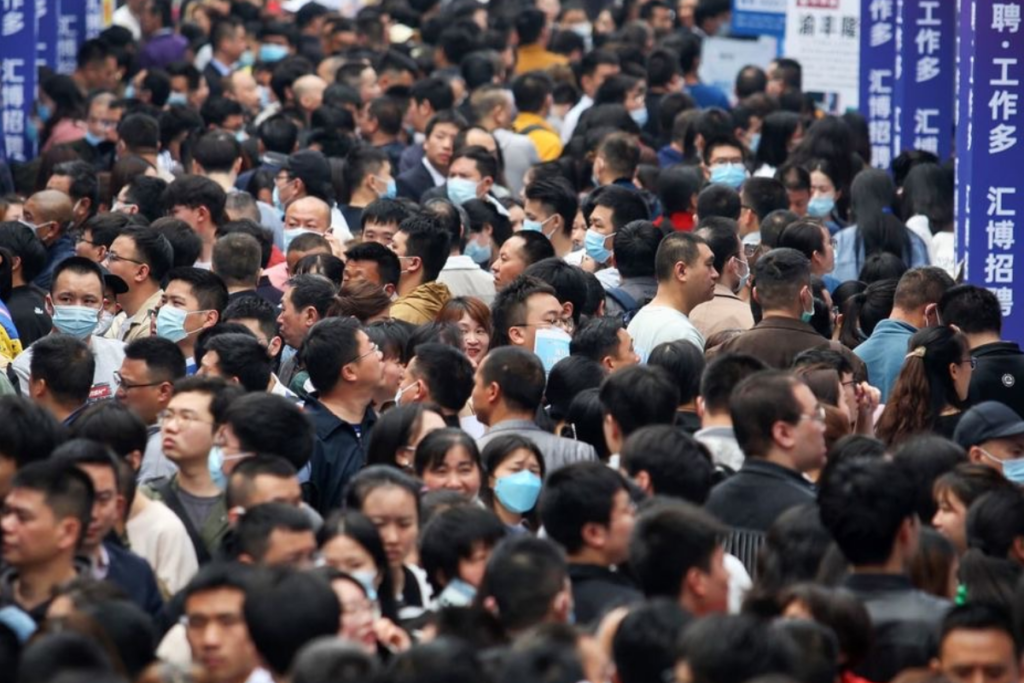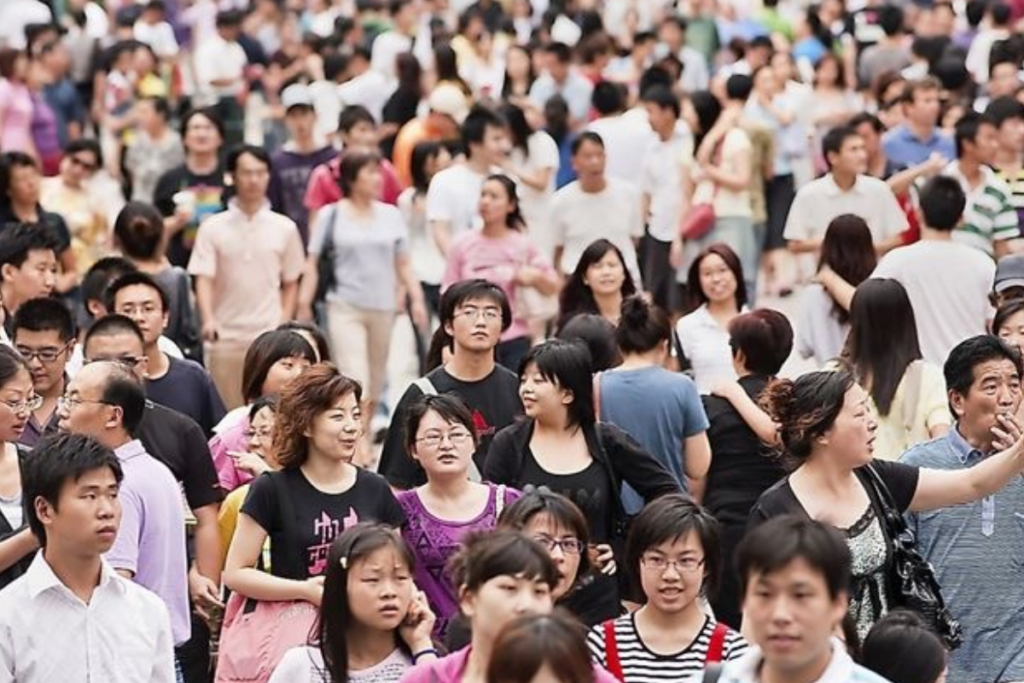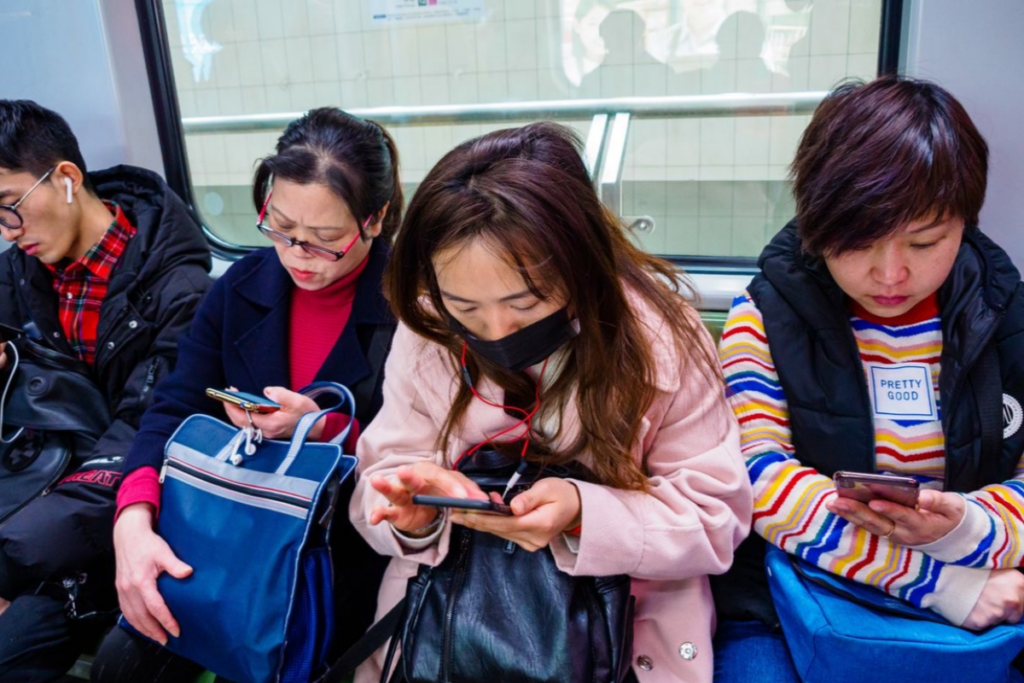People, except the Chinese youth, have been spending a lot of money since the pandemic. People in this part of the world are revenge-saving. Instead of spending money on impulse buys, young people in China are doing the opposite. They are saving as much as they can because their country’s economy is struggling.
Revenge Spending
As humans, we often react emotionally when it comes to spending money. Many people indulge in shopping to feel better after a bad day or start spending more after getting a raise. Revenge spending is a financial term used to define when people increase their spending after facing difficult times.

For example, during the COVID-19 pandemic, many people couldn’t afford to spend money on leisure activities. However, when the restrictions were lifted, people started spending a lot more on these activities. They increased their spending to make up for the times when they couldn’t.
Effect of the Pandemic: Revenge Spending
In 2022, we saw a significant rise in what we call ‘revenge spending.’ This means people started spending a lot more money after the challenging times of the pandemic.

During the pandemic, they couldn’t travel, shop, or socialize like they used to. So they felt the need to make up for it by spending a lot after the pandemic. Baruch Silvermann, CEO of The Smart Investor, explains that people are trying to “make up for lost time.” They do this by spending time on vacations, dining out, and other activities. “These were things they weren’t able to do for a while,” he said. This trend is so strong that it’s one of the main reasons for recent inflation.
Revenge Saving
“Revenge savings” means trying to save as much money as possible. This term is the opposite of “revenge spending,” where people spend a lot of money to make up for past restrictions. After China ended its strict zero Covid policy, people spent a lot of money. However, now they are cutting back on spending because the economy is weakening.

Young people in China are cutting back on all unnecessary spending to take control of their finances. They share money-saving tips on social media and popular platforms like Xiaohongshu. Many people recommend cooking inexpensive meals at home. Others eat at community canteens, which are typically meant for senior citizens. This approach to saving money has gained a lot of attention.
Chinese Youth: Using Savings Partners
Many people in China use “savings partners,” which means “saving dazi” in Mandarin. They are using it to manage their money better. They share tips, strategies, and support with others on social networks to avoid overspending. These partners act as coaches rather than financial advisors, helping each other stick to their budgets and avoid impulse purchases.

For instance, according to the BBC, Kathy Zhuo, a mother in Fujian province, reduced her spending by 40% in one month with the help of her savings partner.
ALSO READ: TikTok Star Bryce Hall Starts Finance Podcast ‘Capital University’
Chinese Youth
Even on Chinese social media, “revenge saving” is becoming popular. Young people in China are setting very high monthly saving goals.

A 26-year-old who goes by the username ‘Little Zhai Zhai’ is sharing her efforts to limit her spending to 300 yuan ($41.28) a month. In a recent video, she showed how she managed to keep her daily meal expenses to just 10 yuan ($1.38).
How Savings Partners Help
Other people are teaming up with “savings partners” on social media. These partners create a savings circle to help each other stay committed to their goals. Other savings strategies include eating at community canteens that offer fresh meals at low prices.

“Chinese youth have a ‘revenge savings’ mindset,” said Shaun Rein. Rein is a Managing Director of China Market Research Group. He said. “Unlike the young people in the 2010s who often spent more than they earned and borrowed money for expensive items like Gucci handbags and iPhones, today’s young Chinese are saving more.”
Chinese Youth: Reverse Consumption
ALSO READ: ‘Big Short’ Investor Kyle Bass Shares Where He’s Buying Property
Young people are likely to notice what everyone else notices. They can see that the economy isn’t great right now. There are also additional signs that the youth in China are spending less. This is evident in the use of popular terms like “reverse consumption” and “stingy economy.”

“Reverse consumption” means they’re trying harder to save money, while “stingy economy” shows they’re looking for discounts and bargains when they shop.
A Different Trend Among Chinese Youth
This trend is very different from the common trends seen among many young people, especially those in Generation Z. Many are using debt to pay for things like travel and shopping.

A report by Intuit called the Prosperity Index shows that 73% of Gen Zers in the U.S. are different. They prefer having a better quality of life over saving more money. Instead of cutting back on spending to save, they prioritize enjoying life now.
Why Are the Chinese Youth Spending Less?
Chinese young people are cutting back on spending because they feel the economy isn’t doing well. Christopher Beddor, a researcher at Gavekal Dragonomics, explained that this economic uncertainty is making young people more cautious with their money.

The People’s Bank of China recently released a report. The report says that household deposits in the first quarter of 2024 increased by 11.8% compared to the same period last year. This indicates that many people are choosing to save more money instead of spending it.
Forecasting a Slowdown
China’s GDP grew by 5.3% in the first quarter, exceeding expectations. However, predictions still suggest a slowdown, with the International Monetary Fund forecasting a 4.5% growth rate in 2025. The job market is also very tight, especially for the youth.

Experts say that many young people are unwilling to spend money. Jia Miao, an assistant professor at NYU Shanghai, explained that some young people either can’t find jobs or find it hard to increase their income. This leaves them with no option but to cut back on spending.
An Increase in Unemployment Rate
In May, the unemployment rate for youths aged 16 to 24 was 14.2%, much higher than the national average of 5%. Although there are no official statistics for the monthly earnings of undergraduates, a survey showed something. It found that the average monthly salary for 2023 graduates was 6,050 yuan ($832), 1% more than last year. This information comes from MyCOS research and was shared in local media.

Rein commented that young people have lost confidence and enthusiasm. He believes it will take many years of a strong market before they feel comfortable enough to spend freely again.
You Might Also Like:
Turkey Goes Off the Grey List of Global Financial Crimes Watchdog
Workers Cry Out As John Deere Effects Massive Job Cuts in the Midwest and Moves Operations to Mexico
Amazon Lures Back Erstwhile Customers With 30% Discount on Groceries
Tips for Requesting a Lower Minimum Payment on Your Credit Card

